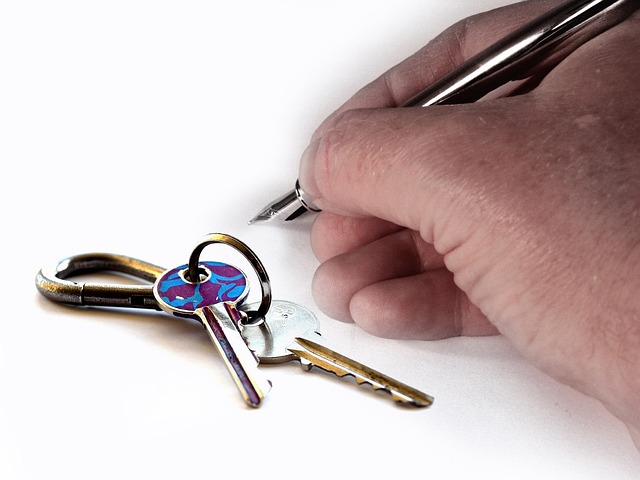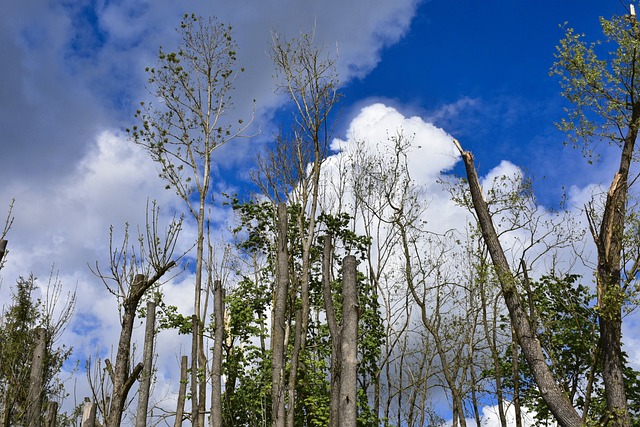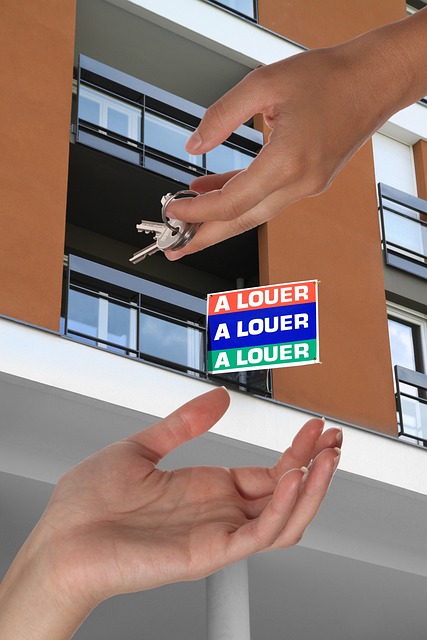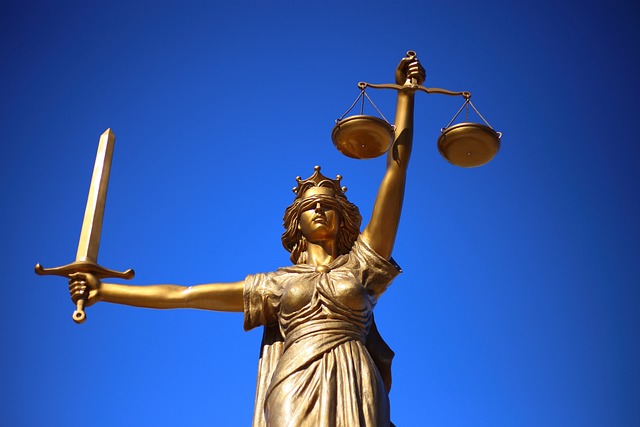This section delves into the intricate web of rental property mold, detailing its severe health risks and stringent regulations that safeguard tenants' rights. It underscores landlords' duty to maintain safe conditions through regular inspections, efficient ventilation, and prompt leak repairs. When mold appears, proper remediation is crucial; otherwise, landlords face legal challenges and compensation claims. Both tenant rights mold and landlord responsibilities mold are explored, highlighting tenants' right to a safe environment and their ability to file complaints with supporting evidence, while landlords must maintain the property and address mold swiftly to avoid legal repercussions. Effective mold in rental homes prevention through regular inspections and maintenance plans is emphasized to mitigate legal mold issues and tenant mold complaints.
Legal Protections for Mold in Rentals: A Comprehensive Guide
Rental property mold is a significant concern for tenants and landlords alike. Understanding the legal aspects surrounding this issue is crucial to ensure fair practices and protect everyone’s rights. This article delves into the intricate details of ‘rental property mold’ and ‘tenant rights mold’, shedding light on the responsibilities of both parties. We explore strategies to navigate ‘legal mold issues’, offering valuable insights for tenants facing mold in rental homes, as well as guidelines for landlords to manage these situations effectively.
- Understanding Rental Property Mold: A Comprehensive Overview
- Tenant Rights and Landlord Responsibilities in Case of Mold
- Navigating Legal Mold Issues: Strategies for Tenants and Landlords
Understanding Rental Property Mold: A Comprehensive Overview

Understanding Rental Property Mold: A Comprehensive Overview
Mold in rental properties is a significant concern for tenants and a complex legal issue for landlords. In many regions, there are strict regulations in place to protect tenant rights regarding mold exposure and to establish clear landlord responsibilities for addressing mold-related issues. When mold grows in rental homes, it can pose serious health risks to occupants, leading to various respiratory problems and allergies. Tenants who experience mold-related illnesses or have legitimate tenant mold complaints often seek legal recourse to ensure their safety and hold landlords accountable for timely remediation.
Landlords have a moral and legal obligation to maintain safe living conditions for their tenants. This includes regularly inspecting rental properties for signs of moisture intrusion, water damage, or existing mold growth. Proactive measures such as efficient ventilation systems, regular cleaning routines, and prompt repair of leaks are essential to prevent mold from taking hold. When mold is discovered, landlords must promptly address the issue through effective remediation methods to restore a healthy living environment. Failure to do so can lead to legal mold issues, with tenants having the right to seek compensation for their suffering and to force landlords to correct the problem.
Tenant Rights and Landlord Responsibilities in Case of Mold

In cases where mold is found in a rental property, both tenants and landlords have specific rights and responsibilities. Tenants have the right to live in a safe and healthy environment. If mold is present, they can voice their concerns and request immediate action to rectify the issue. This may involve demanding that the landlord inspect the property, conduct proper testing, and implement necessary remediation measures.
Landlords, on the other hand, are responsible for maintaining the rental property in a habitable condition. They must promptly address any mold-related issues, as failure to do so could lead to legal complications. This includes conducting regular inspections, ensuring proper ventilation, and taking proactive steps to prevent mold growth. Landlords may also be held liable for tenant complaints related to mold, and they must comply with local regulations and health standards regarding mold remediation.
Navigating Legal Mold Issues: Strategies for Tenants and Landlords

Navigating Legal Mold Issues: Strategies for Tenants and Landlords
When it comes to rental property mold, both tenants and landlords have specific rights and responsibilities. For tenants, recognizing tenant rights mold is crucial. They have the right to live in a safe and healthy environment. If they discover mold in their rental homes, they can file tenant mold complaints. It’s important for them to document the issue with photos and reports from professionals to strengthen their case.
On the other hand, landlords must be aware of their landlord responsibilities mold. They are generally responsible for maintaining the property and ensuring it is fit for habitation. Promptly addressing mold issues can prevent them from facing legal repercussions. Regular inspections and a well-defined maintenance plan can help identify and mitigate mold problems before they escalate, benefiting both parties in avoiding costly legal mold issues.






